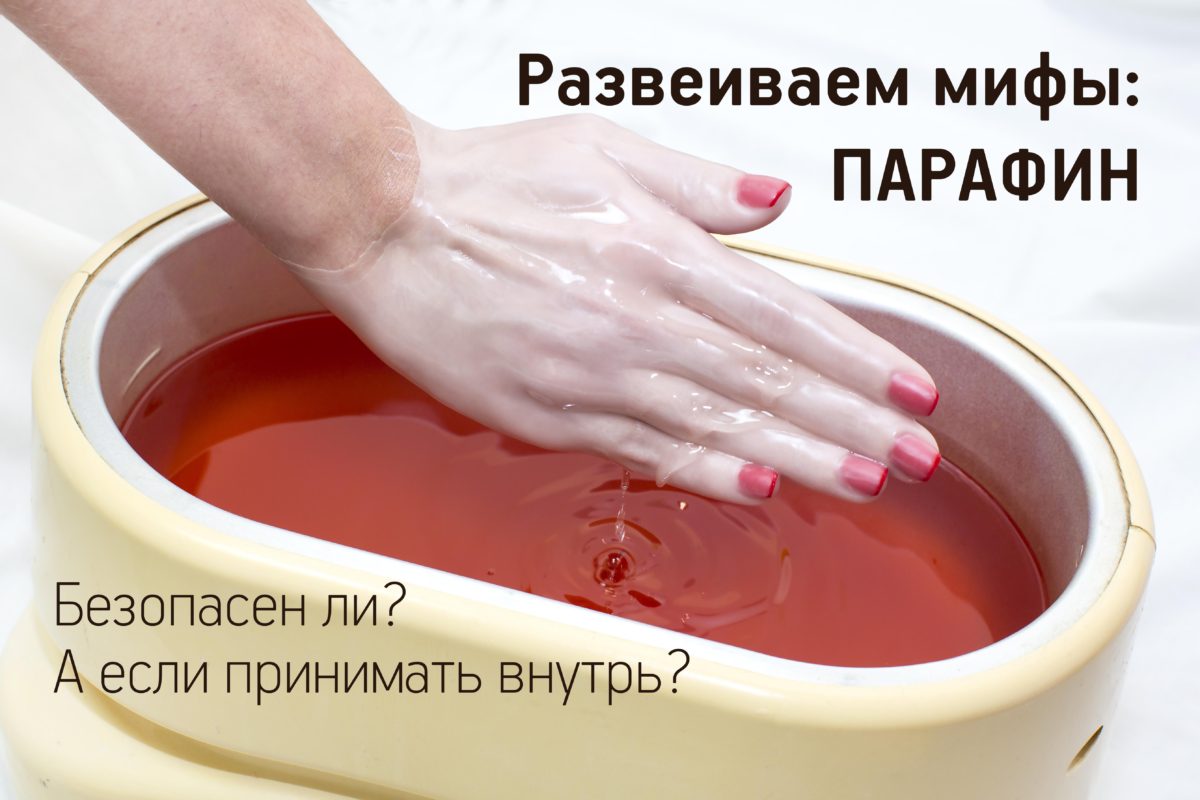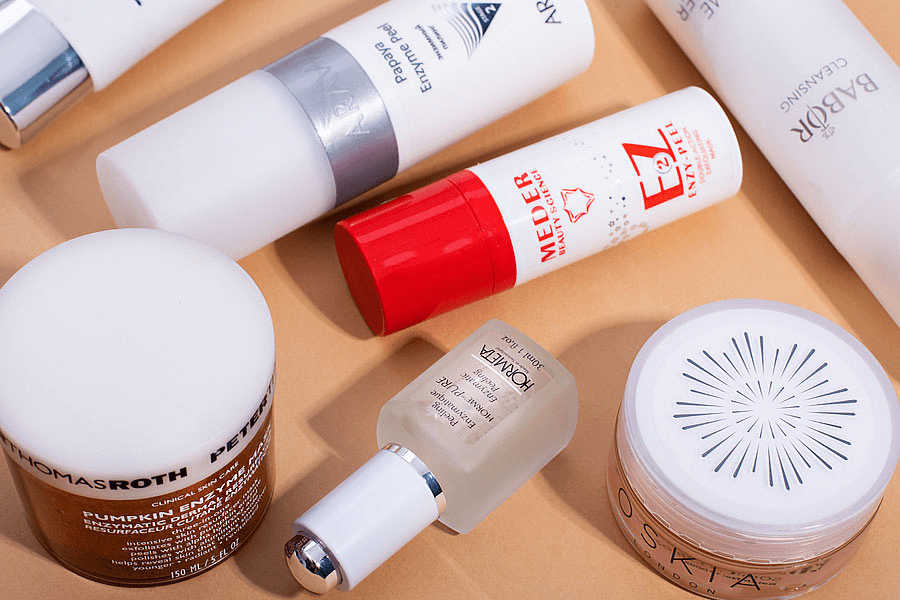
Paraffin in cosmetics - is it harmful? Facts and myths about cosmetic wax
Content
Since the demand for natural cosmetics has increased significantly, many have begun to question the safety of this substance. This is right.
Some carefully review the composition of cosmetics, trying to avoid those that contain paraffin. Is it justified? In some cases, yes; in others, however, there is no such need at all. After all, paraffin is an excellent protective agent that has no equal in protecting the skin from external factors such as low temperatures. Check if paraffin in cosmetics is a good idea.
Cosmetic paraffin - what is it?
Paraffin is a derivative of petroleum, a synthetic substance that is obtained during the distillation process. In its basic form, it is a contaminated product. For this reason, before cosmetics are put into circulation, they must be carefully processed in order to be removed. After cleansing, the product is safe to use on the skin. However, this does not mean that it has a positive effect on him - in many cases, the effect is rather the opposite.
This substance belongs to the group of emollients. However, it is worth remembering that the individual compounds included in this category differ from each other. Some of them penetrate into the deeper layers of the skin, perfectly moisturizing and protecting at the same time. Paraffin, due to its molecular structure, is not able to penetrate the epidermis. For this reason, it acts on the surface of the skin, creating a protective oily film on it.
How to recognize paraffin in cosmetics?
Paraffin is available on the market in its pure form, but you can also find it in many beauty products, from face creams to body lotions. This compound may have a different designation in the composition of cosmetics. Often it is hidden under rather obscure names. It is not only Paraffinum Liquidum, which is quite easy to decipher, but also mineral oil, synthetic wax, ceresin or isoparaffin. It is worth remembering that petroleum jelly, present in formulations called Petrolatum, is a substance with an almost identical effect to paraffin. Keep this in mind if you are trying to avoid this ingredient. Is it worth it? It depends primarily on your skin type and your tendency to blemish.
Paraffin in cosmetics - why is it used?
As an emollient, paraffin is an excellent lubricant and helps maintain proper skin hydration levels. The oily coating perfectly protects the skin from low temperatures and wind, and also retains water in it. In addition, it prevents the formation of microtraumas, wounds and soothes itching, which is extremely important in the case of atopic or psoriatic skin.
Cosmetic Paraffin in Hair Products - Should You Avoid It?
Contrary to what it seems, paraffin can also be found in hair products. While you might think that using it can cause hair loss and oiliness, it actually works for some types of hair. Those prone to dryness and increased porosity like paraffin because it perfectly closes moisturizing substances in the hair structure. Of course, its excess can weigh down the hair, but a small amount of paraffin present in shampoo or conditioner should not harm you. However, do not forget to avoid it if you have low-porosity hair - straight, thick, with a tendency to lose volume.
Paraffin in cosmetics - facts and myths
Many myths have arisen around this ingredient. We will try to correct them and compare them with the facts in order to expand your knowledge about this ingredient.
Paraffin is a synthetic ingredient and is therefore harmful to the skin.
FROM!
Paraffin is often found in dermocosmetics designed for this type of skin. The very fact of its inclusion in the composition of products that should be safe even for allergic and children's skin, debunks the common myth about its harm to the skin.
Paraffin is not suitable for all skin types.
FACT!
Dehydrated, allergic, atopic and sensitive skin - these types will definitely like paraffin wax. The situation is different with oily skin, for which the paraffin barrier is too heavy. Paraffin in face creams can clog pores and disrupt sebum production rather than regulate it.
Paraffin in cosmetics may aggravate acne symptoms
FACT!
For this reason, it is best to avoid facial products, especially if your skin is oily and prone to imperfections. Paraffin oil is an emollient with a comedogenic effect. This means that it blocks the work of the sebaceous glands. This, in turn, is an easy way for the accumulation of bacteria and dead cells of the epidermis, and thus to the formation of inflammation. To avoid them, choose lighter creams. If your skin is prone to dryness, blemishes and clogged pores, it's best to opt for a lighter emollient that is similar in composition to human sebum. Examples include squalane or grape seed oil. These emollients can be found, among others, in the range of brands Nacomi, Mohani and Ministry of Good Mydła.
Paraffin protects against UV rays.
FROM!
True, paraffin does not “drain” from the face or body under the influence of solar radiation, as is often the case with other oils. However, it can in no way replace or support the performance of an SPF filter, unlike raspberry seed oil or other natural ingredients.
Choose a paraffin product and see how much it can do for your skin! You can find more beauty tips on AvtoTachkiPasje
:
